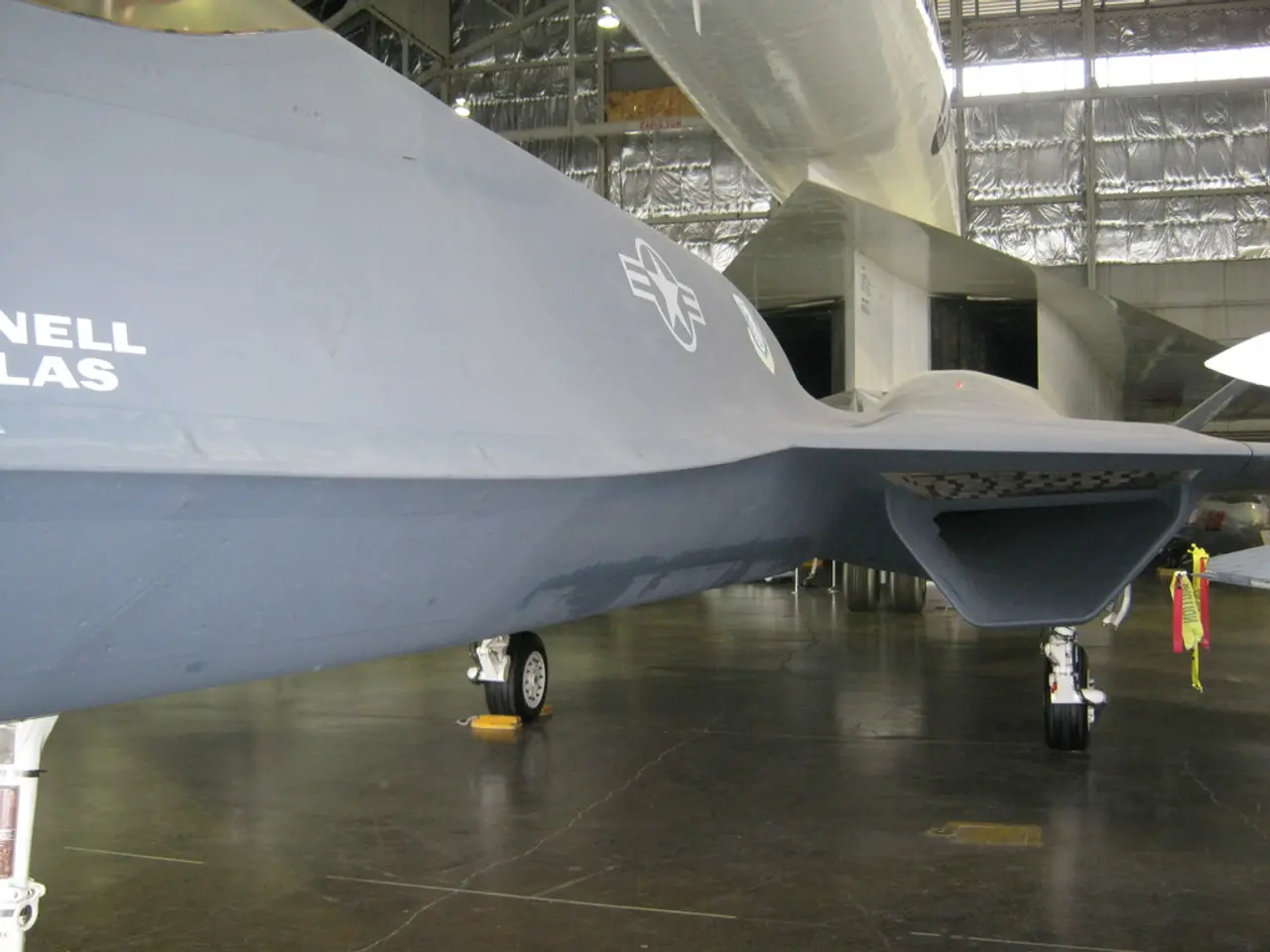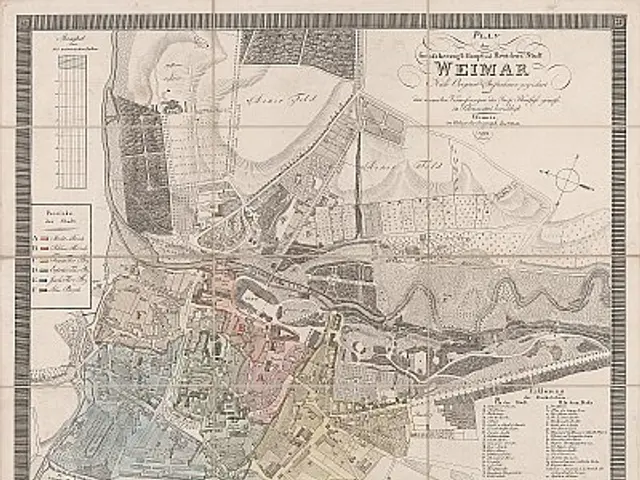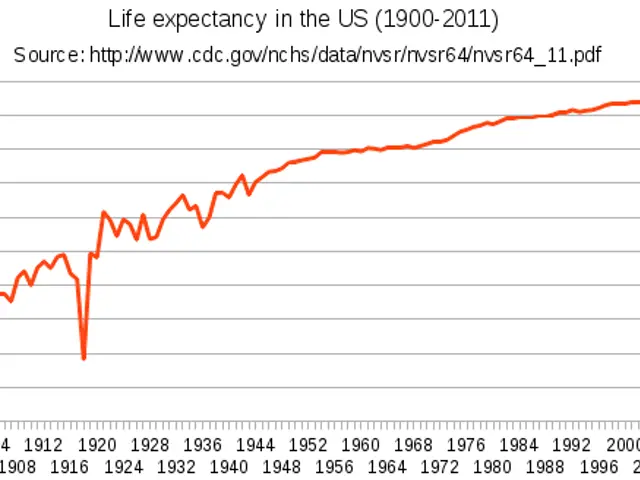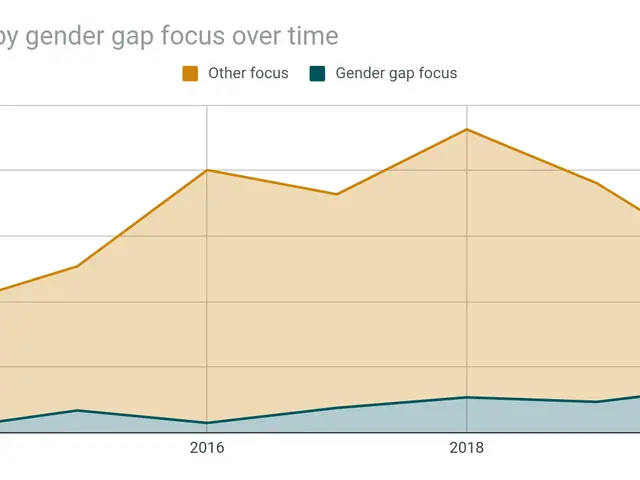IATA Warns EU's SAF Mandate Could Hike Fares, Create Monopolies
The International Air Transport Association (IATA) has raised concerns about the European Union's (EU) planned mandate for Sustainable Aviation Fuels (SAF). The mandate, set to begin in 2025, requires a minimum of 2% SAF use by 2025, increasing to 70% by 2050. However, IATA warns that this could drive up airfares, create supply monopolies, and put European carriers at a disadvantage.
IATA supports SAF as a pathway to net zero aviation but insists that mandates alone are not enough. It urges governments to incentivize production, streamline certification, and avoid punishing carriers before solutions are scalable. Currently, only a handful of refineries globally are certified to produce SAF to EU specifications, raising fears of a de facto monopoly and potential price gouging.
Industry projections suggest that passengers may face higher long-haul flight costs, with a potential increase of up to 12% within the first two years of the mandate. IATA argues that the EU's SAF mandate is 'environmentally inefficient' and 'economically unsustainable', as SAF is expected to meet only 0.7% of fuel demand in Europe by 2025, despite being priced at three to five times more than conventional kerosene. Environmentalists express concerns that rushed mandates may lead to poor-quality fuel production, unsustainable land use, or carbon-intensive shipping of biofuels across oceans.
Critics fear that the EU's policy may encourage passengers to fly through hubs outside the EU, undermining European competitiveness and failing to make a significant dent in global emissions. The European Commission defends the SAF mandate as a vital pillar of the EU Green Deal, but scaling up supply is challenging due to complex production processes and Europe's lack of industrial base.
The EU's SAF mandate aims to reduce aviation's environmental impact, but IATA's warnings highlight potential challenges. To ensure the mandate's success, the EU must address these concerns, work with the industry to scale up SAF production, and avoid unintended consequences. The future of sustainable aviation in Europe depends on it.




